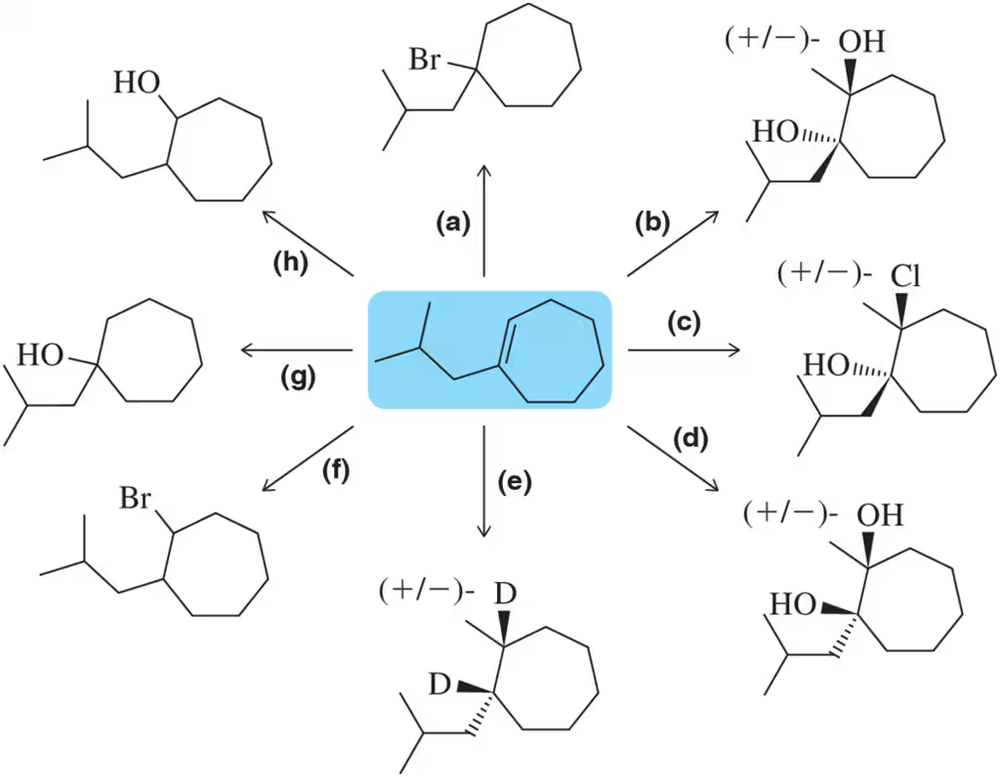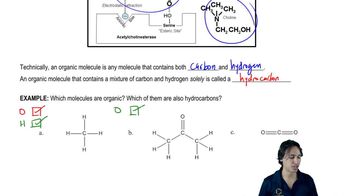Predict the product(s) that would result when the alkenes shown here are allowed to react under the following conditions:(ii) HCl
(g)

 Verified step by step guidance
Verified step by step guidance Verified video answer for a similar problem:
Verified video answer for a similar problem:



 4:07m
4:07mMaster General properties of hydrohalogenation. with a bite sized video explanation from Johnny
Start learning